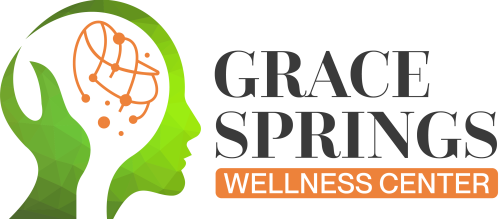Psychosis Management
Introduction to Psychosis
Definition and Overview:
. Psychosis is a mental health condition characterized by a disconnection from reality. It can include symptoms such as hallucinations (seeing or hearing things that are not present) and delusions (strong beliefs in things that are untrue or not based on reality).
. It’s important to understand psychosis not just as a condition on its own but also as a potential symptom of other mental health disorders, including schizophrenia, bipolar disorder, and severe depression.
Symptoms of Psychosis
Key Symptoms:
. Hallucinations: Sensory experiences of things that do not exist outside the mind.
. Delusions: Strong beliefs that are clearly false or irrational.
. Disorganized Thinking: Incoherent or nonsensical speech or thoughts.
. Abnormal Motor Behavior: Unpredictable or inappropriate actions or behaviors.
. Negative Symptoms: A lack of motivation or interest, social withdrawal, and diminished emotional expression.
Causes and Risk Factors
. Biological Factors: Genetics, brain chemistry, and brain structure abnormalities.
. Environmental Triggers: Stress, drug use (especially cannabis, LSD, or amphetamines), and traumatic experiences.
. Other Mental Health Disorders: Schizophrenia, bipolar disorder, and severe depression.
Treatment for Psychosis
Medication:
. Antipsychotic medications are the cornerstone of treatment, aimed at reducing or eliminating symptoms.
. Additional medications may be prescribed to target specific symptoms or co-occurring disorders.
Psychotherapy:
. Cognitive Behavioral Therapy (CBT) for psychosis (CBTp) helps individuals understand and change their thoughts and behaviors.
. Family therapy and psychoeducation can support both the individual and their family members, providing them with strategies to manage the condition.
Early Intervention Services:
. Focused on individuals experiencing their first episode of psychosis, these services aim for rapid assessment and comprehensive treatment to improve outcomes.
Supportive Services:
. Rehabilitation, supported employment, and peer support services help individuals with psychosis maintain their daily activities and social roles.
Long-Term Management
. Ongoing monitoring and adjustment of treatment plans to manage symptoms effectively over time.
. Emphasis on the development of a supportive network, including healthcare providers, family, friends, and peer support groups.
. Encouragement of healthy lifestyle choices, such as regular exercise, a balanced diet, and adequate sleep, to improve overall well-being.
. Education about the importance of avoiding substances that can trigger or worsen symptoms.
Conclusion and Resources
. Reiterate the importance of early diagnosis and comprehensive treatment to manage psychosis effectively.
. Provide information on accessing local mental health services, support groups, and educational resources for further reading and support.

